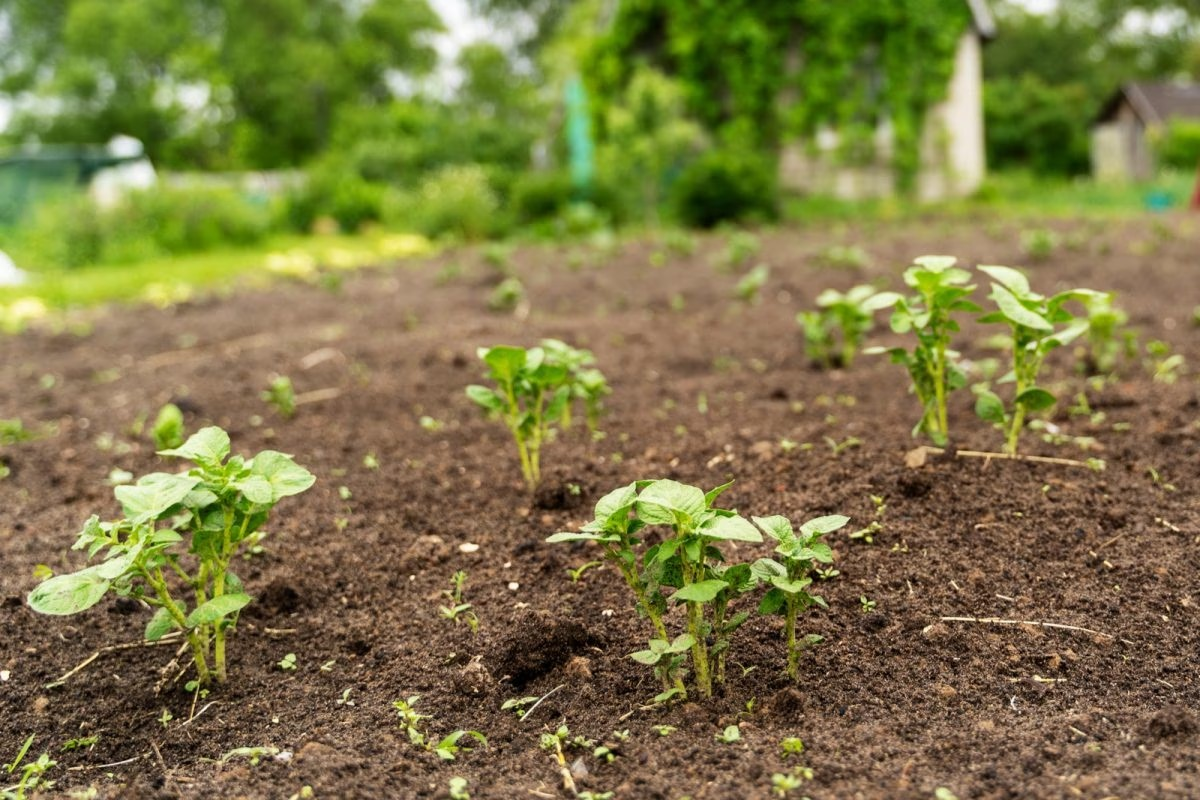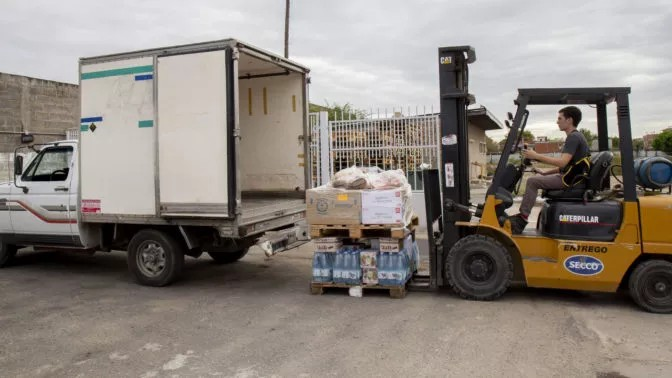WHOEVER SOLD MATIC TO MAN UTD SHOULD BE SACKED BY CHELSEA' - NEVILLE SLAMS TRANSFER POLICY
Article continues below
Phil Neville believes whoever decided to sell midfielder Nemanja Matic to Manchester United should be sacked after Chelsea crashed to a 3-0 defeat to Roma.
Chelsea were picked apart by Roma in the Champions League Group C fixture on Tuesday as head coach Antonio Conte cut a frustrated figure post-match.
Stephan El Shaarawy scored a first-half brace as Roma – who held Chelsea to a thrilling 3-3 draw at Stamford Bridge a fortnight ago – accounted for the Premier League champions.
Chelsea's Premier League title defence has already resulted in three defeats in 10 matches, leaving Conte's men fourth and nine points behind leaders Manchester City, and former United man Neville said the club's problems stem from Matic's departure in July.
"What's gone wrong for Chelsea? One word. Matic," Neville told BBC 5Live.
"It's as simple as that. The minute they sold Nemanja Matic was a mistake.
"When you had Matic sat in front of you, alongside [N'Golo] Kante, there was protection. Whoever made that decision needs sacking. That is one of the poorest decisions I have ever seen in the Premier League.
"If you ask any of those Chelsea players who they would want back, they would say Matic. Chelsea replaced him with someone who is going to do the same job – [Tiemoue] Bakayoko is not that player, he is not a holding midfield player.
"They didn't replace Matic. I wouldn't have let him out of the building, I would have chained him to the training ground walls."
Matic will reunite with Conte and his former Chelsea team-mates when United travel to Stamford Bridge on Sunday.





Comments